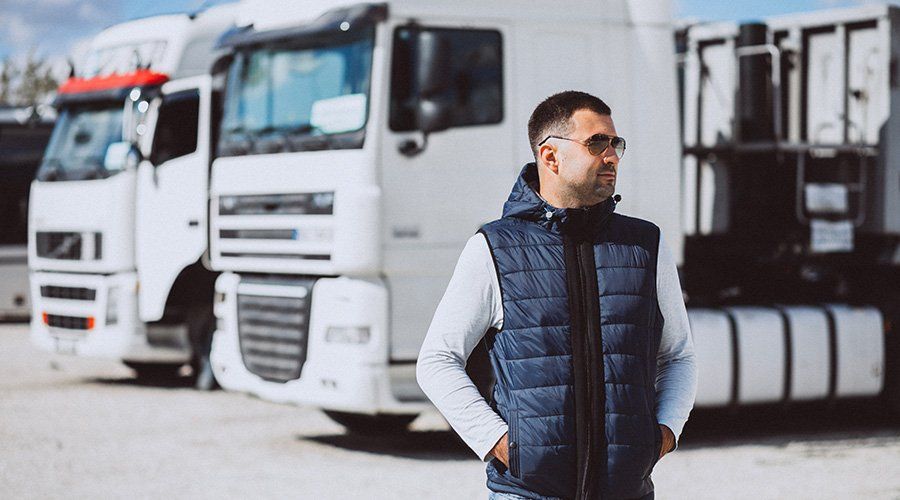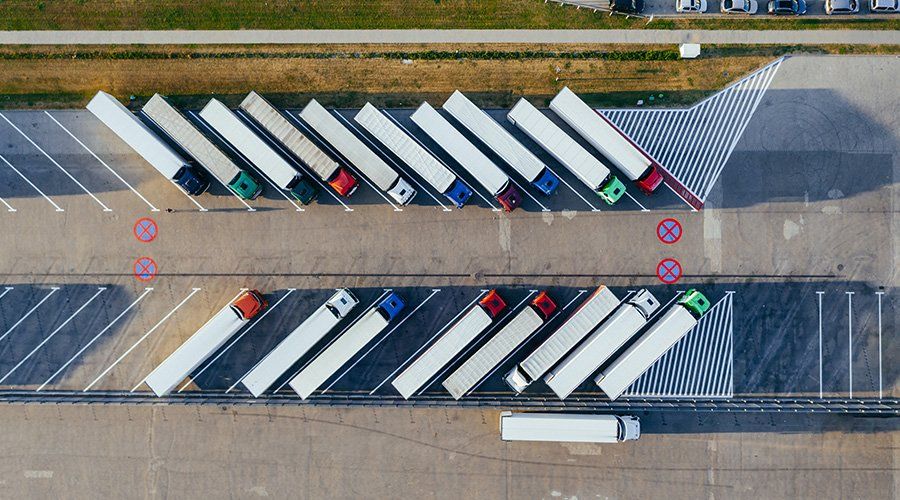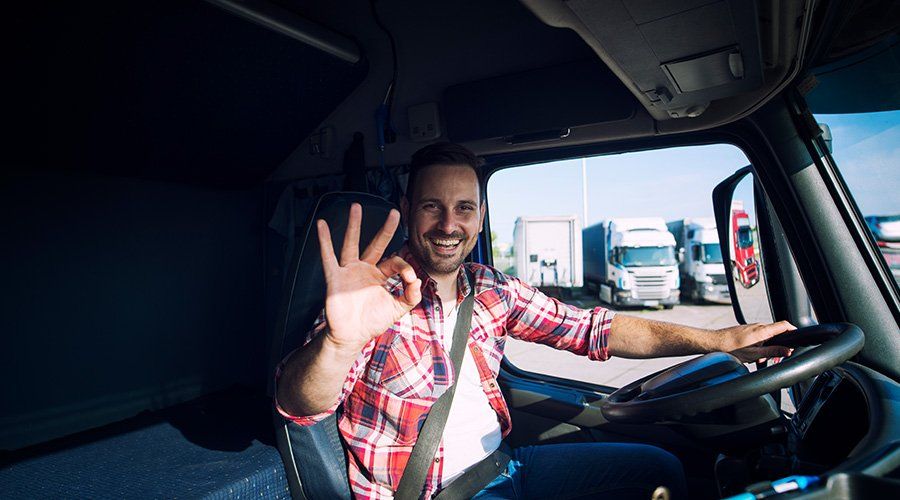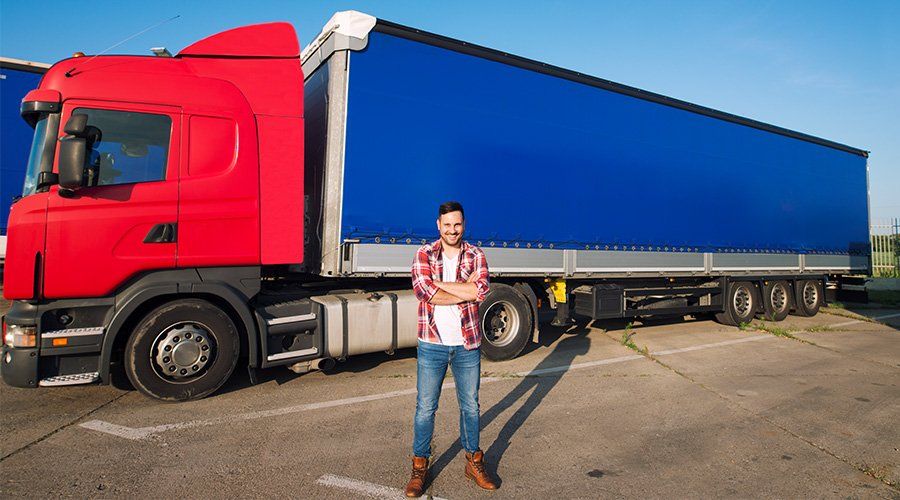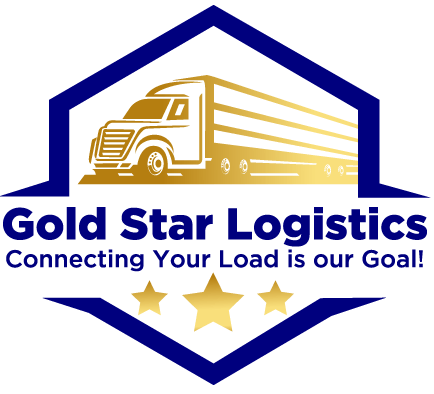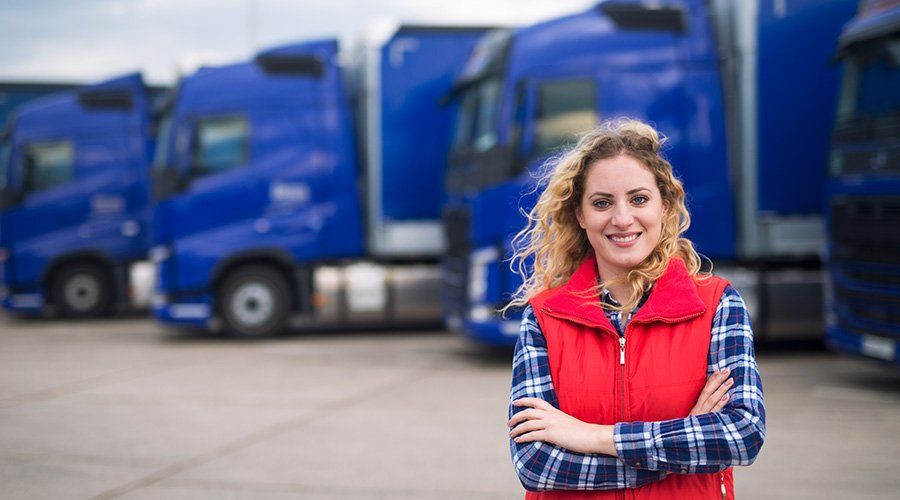
The trucking industry is an excellent way to go into business for yourself. There are great predictions for the state of our industry in the next decade, and new fleet owners can cash in on that expectation. This business, though, does require some ongoing maintenance--and not just truck maintenance. A well-managed, robust fleet safety program should be at the core of all company policies for trucking companies.
The DOT estimates that the average cost of
large truck crashes is roughly $91,000, and crashes with injuries cost almost $200,000. If a fatality is involved, that estimate jumps up to a staggering $3.6 million per crash. In addition to our duty to keep our communities safe, owners benefit from a strong fleet safety program because it means more time on the road, less time dealing with accidents, lower maintenance costs, and ultimately better ROI. Keep reading to learn how to develop a fleet safety program that works.
4 Must-Have Safety Plans for Trucking Companies
Solid Hiring Strategy
You can ensure a solid fleet safety program before your drivers even get on the road by
prioritizing hiring good drivers. A careful driver recruitment process should be part of the safety plans for trucking companies. In addition to a standard interview process, spend time and money vetting and screening your potential drivers. Have a reputable background screening company look into your candidates’ employment histories, motor vehicle reports, and drug and alcohol violation histories. Never skimp on the pre-hire drug and alcohol test, either; you need to know that your drivers aren’t going to be impaired while representing you on the road.
Clear Safety Policies
During your driver training period (which is another important component of safety plans for trucking companies), it’s very important that you guide drivers through your safety policies and provide them with a copy of their own. Company policies for trucking companies should outline driver qualifications, licensing requirements, standard driver procedures and responsibilities, and a defined accident response plan. Your fleet safety program will hinge on drivers’ understanding of and adherence to these policies.
Vehicle Maintenance Plan
In addition to written policies and procedures, your fleet safety program should also include an outline for vehicle inspections, repairs, and maintenance. This will reduce expensive roadside breakdowns, but a vehicle maintenance plan is also an important part of the company policies of trucking companies because it keeps your drivers safe. Trucks that don’t malfunction, and drivers that aren’t stuck on the side of the road, will keep you and your team safe.
Regular Screening Process
Just because you ran a full-scale pre-employment background check on your new hire prior to hiring them doesn’t mean the background check is done. Ongoing, regular screening is just as important for your fleet safety program. Strong company policies for trucking companies often include a driver monitoring program, which provides real-time insight into any driving violations (whereas annual MVR recertifications might take months to find violations). Regular drug testing and continuous criminal monitoring may be worthwhile considerations for your fleet safety program, too. Several companies also offer devices that monitor your drivers’ actual driving, reporting critical safety events like speeding, hard braking, and other risky behavior back to you via your fleet management software.
With a strong fleet safety program, your trucking company can soar to new heights. Focusing on safety is good for your drivers, your bottomline, and your community.
Looking for advice to give your trucking company an advantage over the competition? Gold Star has years of experience consulting with trucking companies just like yours. Let’s discuss what you’re looking for, and we can determine if a simple consultation, a mentoring program, or an ongoing coaching program is the best fit for you.
